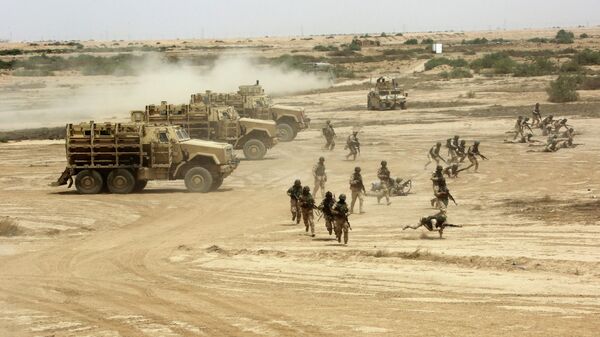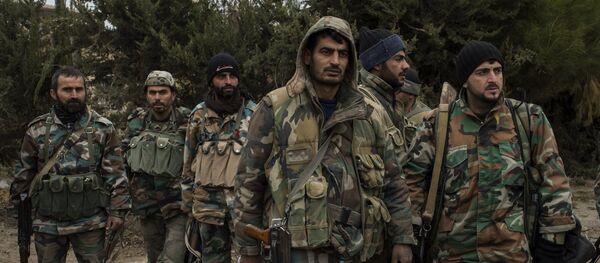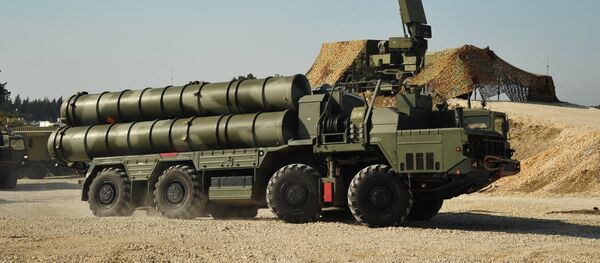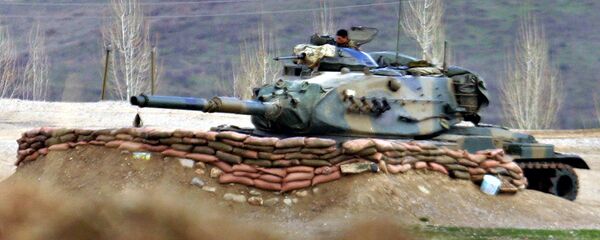While the majority of the US presidential candidates are banging war drums over the "grievous" threat posed by Daesh terrorists, it would be unwise to launch an all-out ground operation against Islamists in the Middle East, according to CIA veteran Paul R. Pillar, a nonresident senior fellow at the Brookings Institution.
Pillar believes that US President Obama is right in pointing out that Daesh is by no means an "existential threat" to the United States.
"A fundamental basis of the president's policy is the correct judgment that ISIS, though posing a significant security problem in several respects, is not an existential threat to the United States or anything close to it, as much of the American rhetoric about the group would suggest," Pillar writes in his latest article for The National Interest.
"But even if the American people were knowingly willing to assume such a burden, another fundamental reason such a campaign would not be warranted is that it still would not, despite the heavy costs, solve the main problems — involving terrorism and instability — it would be intended to solve," the CIA veteran stresses.
According to Pillar, Daesh is not a "discrete set of people, places, and institutions" which could be wiped out of the Middle East through a US military operation, as Senator John McCain and his fellow hawks suggest. A large insurgency, or several insurgencies, would continue, no matter how effective the US attack would be.
"The US or Western troops, even assuming the willingness of their publics to sustain the large costs of an indefinite occupation, will never be able to provide stability in the parts of Syria and Iraq they occupy. Only the locals, with suitable political will, can do that," Pillar insists.
"Such terrorism, time and again, has not depended on some group's control of real estate in the Middle East or South Asia," Pillar explains.
At the same time, a major US-led military operation in the Middle East would play into Daesh's hands: it would be seen by many as a struggle of the non-Muslim West against the Islamic world.
"It also would be counterproductive insofar as it added to the collateral damage — which there will be even without carpet bombing — that produces anger and resentment that in turn inspires still more anti-US terrorism," the CIA veteran emphasizes.
Interestingly enough, Pillar's counterparts at the Brookings Institution still consider the Muslim Brotherhood in Syria "an important component of the Western-backed Syrian opposition," as Raphaël Lefèvre, a Gates Scholar and a doctoral candidate in politics and international relations at the University of Cambridge put it.
While the CIA veteran insists that Daesh could not be eradicated through a military operation, he does not call attention to the fact that Washington is still turning a blind eye to Daesh's funding sources in the Middle East. Generous Gulf sponsors have long been supporting Daesh along with other Sunni extremist groups in the region. On the other hand, the White House still hesitates to bring the illicit Turkish-Daesh oil business to an end.




